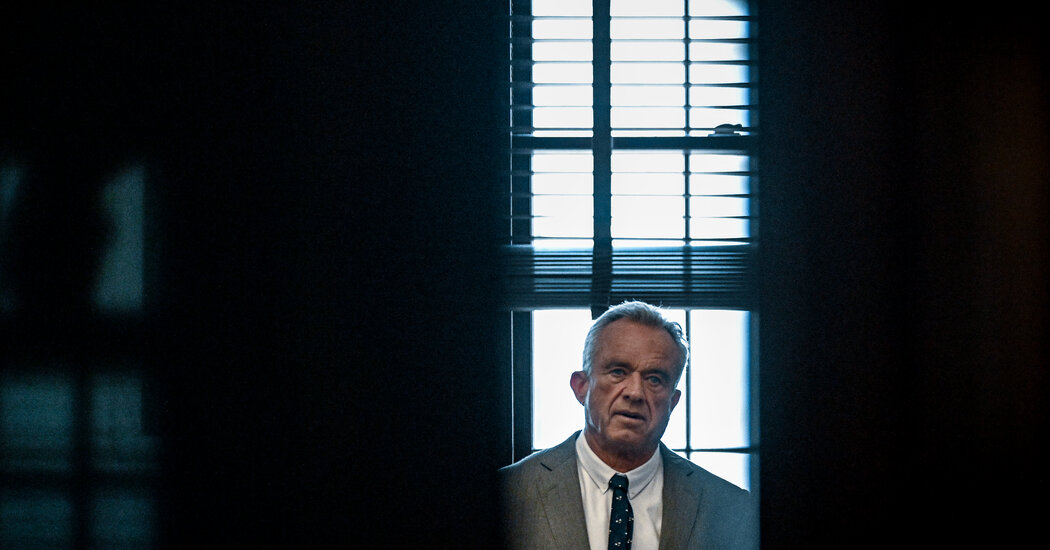Attempts to restrict pharmaceutical advertisements have failed many times over the years, often on First Amendment grounds.
Since the late 1990s, drug companies have spent tens of billions of dollars on television ads, drumming up demand for their products with cheerful jingles and scenes of dancing patients.
Now, some people up for top jobs in the incoming Trump administration are attacking such ads, setting up a clash with a powerful industry that has long had the courts on its side.
Robert F. Kennedy Jr., President-elect Donald J. Trump’s choice for health secretary, is a longtime critic of pharmaceutical advertising on TV, arguing that it leads broadcasters to more favorable coverage of the industry and does not improve Americans’ health. He has repeatedly and enthusiastically called for a ban on such ads.
Elon Musk, who is spearheading a government cost-cutting effort, last month wrote on X, his social-media site, “No advertising for pharma.”
And Brendan Carr, Mr. Trump’s pick to lead the Federal Communications Commission, said that his agency could enforce any ban that is enacted. “I think we’re way, way too overmedicated as a country,” he said.
The push against TV drug ads threatens to dent the revenues of pharmaceutical companies, which can make back in sales five times as much as they spend on commercials, according to some analysts. It could also create uncertainty for major television networks, which bring in substantial revenue from pharmaceutical advertisers trying to reach older viewers, who tend to take more medications.
